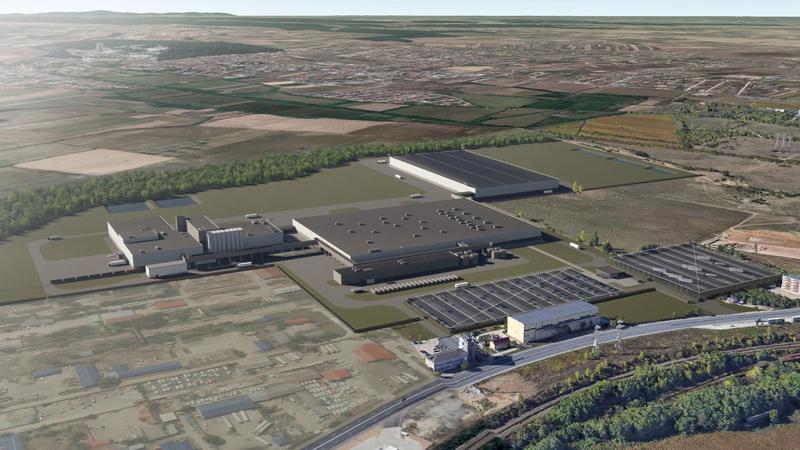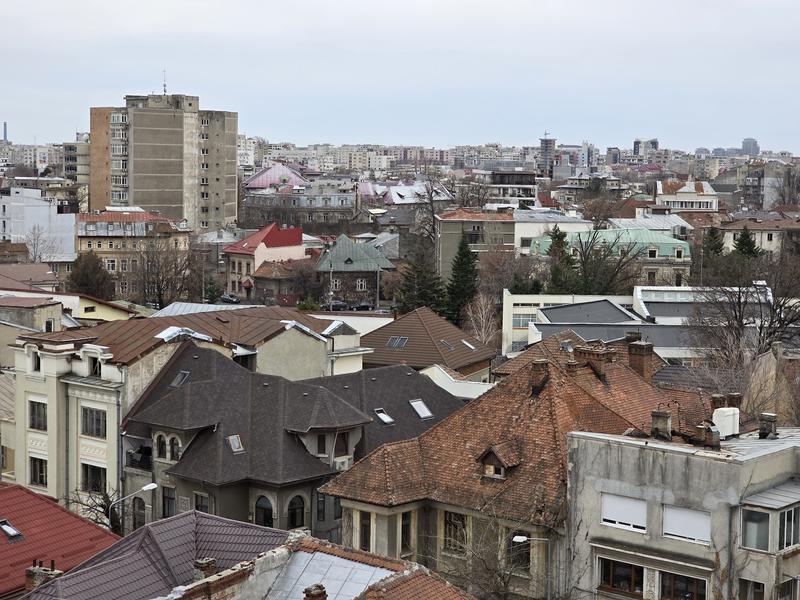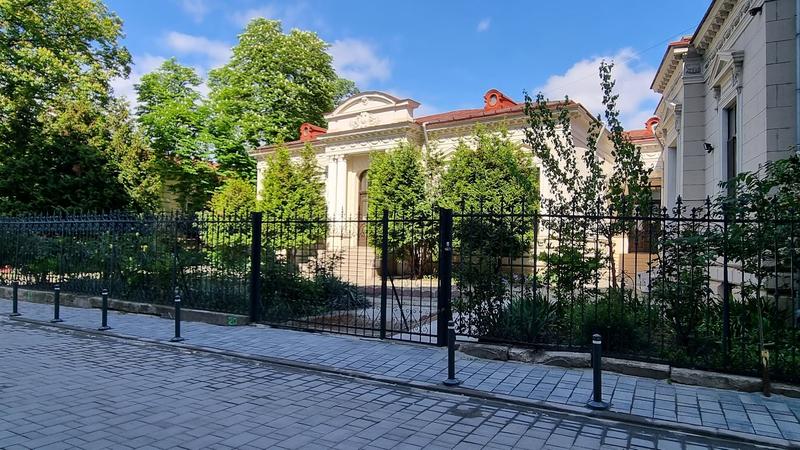The spring is melting not only the first and only "ice hotel" in Eastern Europe, built in the Romanian Carpathians, but also the unity of the two main parties of the governing alliance, who threaten to split following a series of disputes.
Newspapers stay alert to these issues as they look into other sources of trouble as well – nuclear hazard in the proximity of Bucharest and the dramatic situation of Romanian highways.
Most newspapers today warn about visible signs the governing D.A. Alliance of Liberals (PNL) and Democrats (PD) is on the brink of collapse. The two parties launched unprecedently fierce attacks against each other over the weekend, Adevarul notes.
And the attacks already lead to the first ruptures at local level, as Liberals in several counties have said they’re no longer interested in the partnership with the Democrats.
According to Cotidianul, Democrats counter-attacked with a renewed request for the D.A. Alliance and for the governing coalition – which also includes smaller parties – to take responsibility for a long debated law on lustration.
The request was seen as "pure demagoguery" by the Liberals and rejected may officials from the smaller governing parties.
For its part, Evenimentul Zilei reports a top Liberal officials warned party members in the county of Prahova over the weekend to prepare for early elections in which the D.A. Alliance will break apart and the Liberal Party candidates will run on separate lists from those of the Democrats.
According to Romania Libera, the ideea belongs to maverick Liberal politician Dinu Patriciu, who’s dedicated to his Rompetrol business and is facing trouble with the Romanian justice.
Cotidianul also points out that the Liberal – Democratic confrontations lately are partly related to a historical problem – that of the Center for the Study of the Securitate Archives and its lack of results in revealing the deeds of former communists.
The institution supposed to name the collaborators of ex-dictator Nicolae Ceausescu’s secret police, the Securitate, has been systematically prevented to operate both from within and without.
As the newspaper points out, only 127 officers of the Securitate have been named so far and the names of Securitate informers are just as few, while the CNSAS is struggling to clear things up about its own existence, guaranteed by deficient legislation.
The political melting of the governing coalition is accompanied by the thawing under spring sun of a hotel made of ice in the Balea Lac area of the Carpathian Mountains, as the same Cotidianul reports.
The hotel management decided to halt hosting operations last week and will transform the first such building in Eastern Europe in a ice sculpture museum.
Environmental issues make the front page of Evenimentul Zilei as well. The newspaper reports Danube is threatening floods in Romania after its rising water level hit hard in Germany, Austria and Hungary.
The same newspaper also warns of a nuclear hazard spot in the vicinity of Bucharest – that is, in the Magurele village close to the Magurele Nuclear Institute, where radioactive substances are stored in broken barrels in the center of the township.
The coming of spring also raises issues with the situation of Romanian highways, already confronted with a series of problems due to their very limited length – a total of 193 kilometers, according to an analysis in Romania Libera.
The newspaper writes that the Bucharest-Pitesti highway will be subjected to new rehabilitating works in line with the continuous, deficient works it’s seen throughout its history as the costliest Romanian road.


















